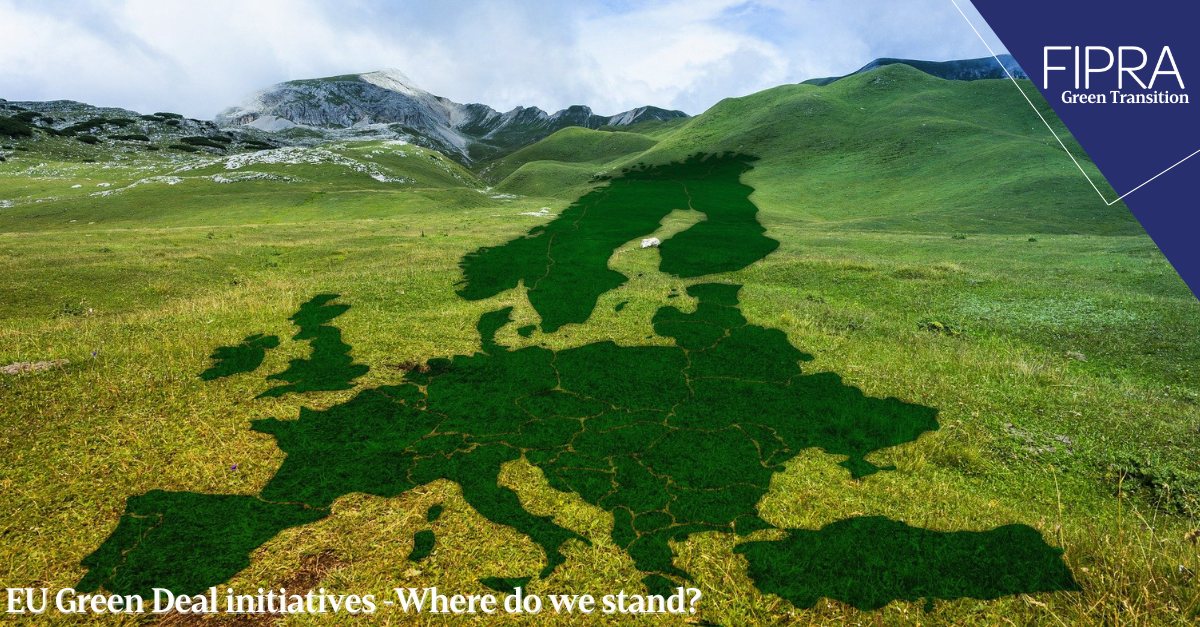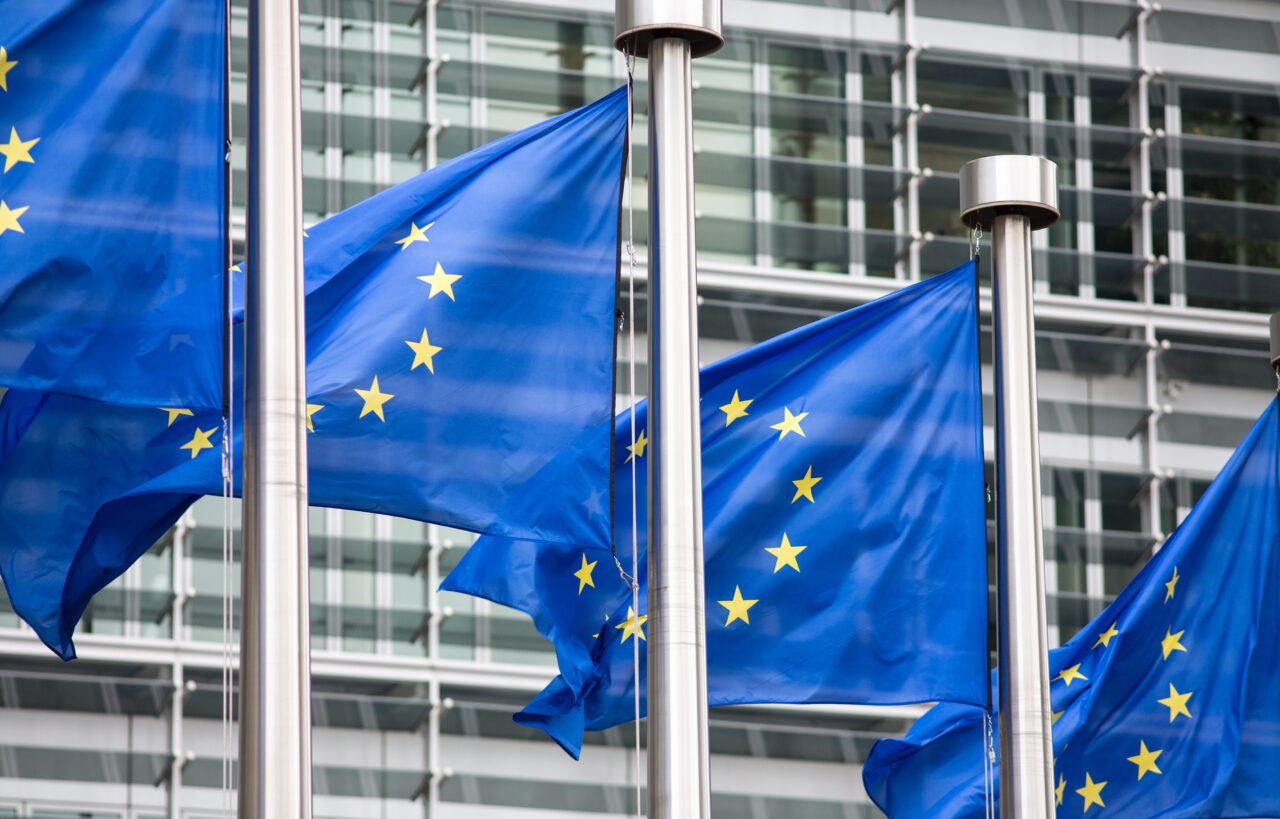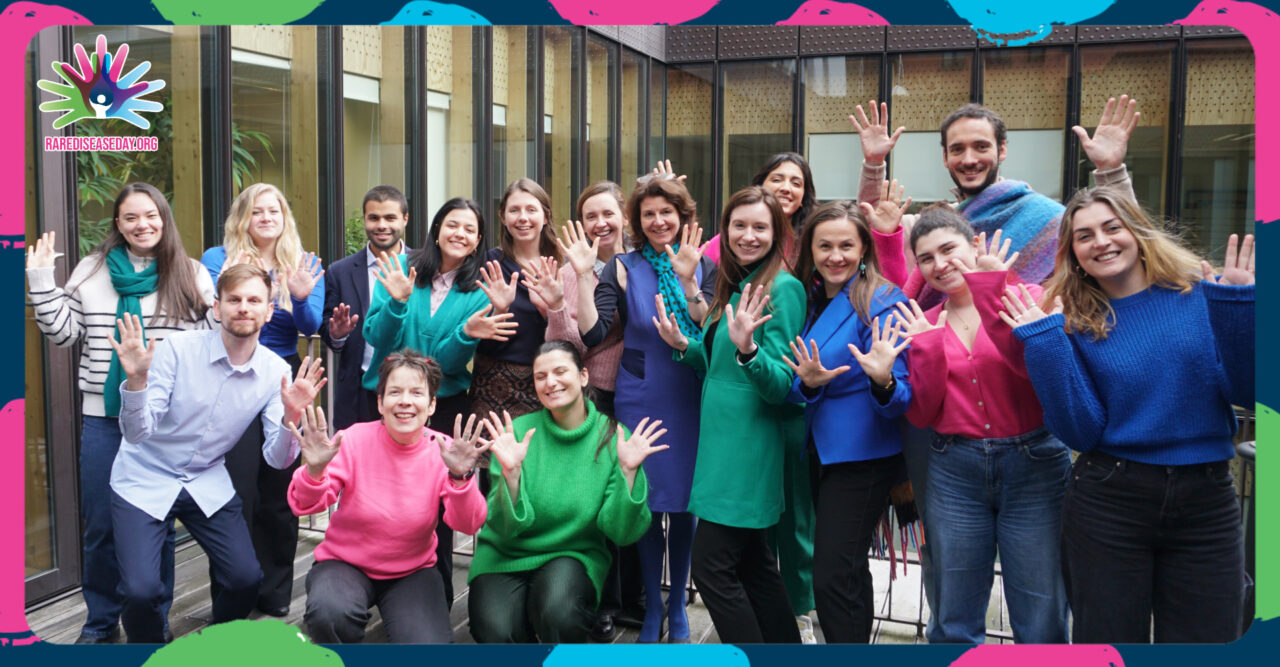policy impact with FIPRA
A Forward Look: EU Green Deal key initiatives and their role in securing a green transition

President Von der Leyen was clear in her State of the Union speech: “As we embark on this transition in our economy, we must rely on the enduring values of our social market economy” to make progress towards our Green Deal objectives.
Despite the many uncertainties and fears around the world these days, the green transition of our society has to remain the leitmotif of this decade.
This is not the time for short-sighted decisions. The measures put in place today must not lead to regrets in the future. The paradigm is shifting. We are increasingly recognising that in order for humanity to be able to live on this planet indefinitely, we must reconsider the idea of unlimited expansion. We should use our resources in a much more sustainable manner. In short, we owe it to support the green transition.
After the summer break, Brussels is “back on track” in dealing with the several pending legislative files that are all underpinning the European Green Deal. Our Green Transition Team is assessing Green Deal initiatives to provide businesses with strategic guidance on what to expect by the end of 2022. The assessment of all Commission initiatives under each heading is depicted as a charging battery (see links to individual posts below).
In September, the REPowerEU and “Save Gas for a Safe Winter” initiatives helped Europe to become more energy independent and guaranteed adequate supplies in storage. The European Parliament and Council are expected to follow suit by adopting long-term solutions, applicable as of now, to increase the level of ambition within the central Fit for 55 package.
Under the current Czech EU Presidency, several measures have been announced which seek to take the EU further in its efforts to reduce dependence on energy imports, ensure food security, and pave the way toward resilient supply chains and more sustainable food systems.
November will be dominated by discussions on more coordinated climate actions (EU climate package and COP27) and European circular economy ambitions. The Commission is expected to publish the “Circular Economy Package” covering sustainable consumption of goods, environmental claims, and establishing new requirements at the EU level to prevent packaging waste.
Finally, the Chemicals Strategy for Sustainability will move forward with anticipated reform proposals for the key CLP (Classification, Labelling and Packaging) and REACH (Registration, Evaluation, Authorisation, and Restriction of Chemicals) Regulations by October 2022 and during the first quarter of 2023. This strategy is linked to and will impact sectoral legislation across the board, demanding special attention from all stakeholders, with particular focus on the “essential use concept,” the grouping of substances with structural similarities, and more hazard classes such as endocrine disruptors that will be included in the CLP.
In the following months, we will see broad discussions and proposals that will play a significant role in further shaping the European Green Deal and its implementation. Changes on the international scene, the ongoing war in Ukraine, post-COVID recovery efforts, and other global developments will inevitably influence the ongoing debates.
FIPRA advises businesses to voice their opinions, engage in discussions with policymakers, and maintain the momentum to ensure a greener, more sustainable, responsible, and innovation-driven European Union.
Explore the issues in depth via these links to #GreenDealSeries posts:
#1 Protecting nature and reversing ecosystem degradation here
#2 Legislation on batteries here
#3 Circular Economy Action Plan, Sustainable Products Initiative, and waste reforms proposals here
#4 Clear, affordable, and secure energy here
#5 Sustainable food Systems here
#6 Zero Pollution and the Chemicals Strategy for Sustainability here
#7 Climate ambitions here
#8 On Sustainable and Smart Mobility Strategy here
Written by Laura Mazzei and Julia Pochat


